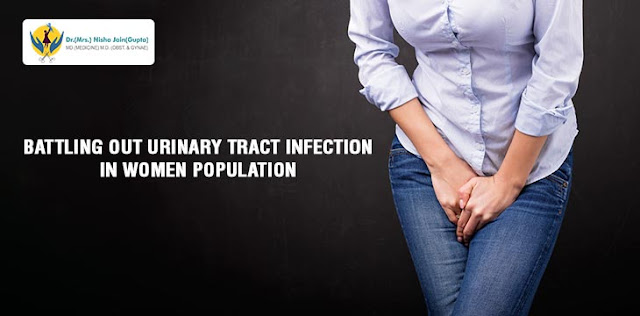Understanding The Transition with The Onset Of Puberty In Women
The organ systems in a newborn begin to grow and develop after birth but the reproductive system continues to be inactive for several years. When the organs are in the dormant phase, the brain secretes small amounts of reproductive hormones known as gonadotrophins which prevent sexual development from occurring. When girls attain puberty, reproductive hormones are secreted by the brain and it activates the reproductive system to prepare it for adult function. This stage is referred to as the onset of puberty and this leads to the beginning of adult sexual life.
Two hormones mainly the luteinizing (LH) and follicle-stimulating hormone (FSH) plays a very major role during initial teenage or puberty. The levels of these hormones increase from the ages of 9-12 and rapidly during the early teenage years. In general, puberty marks the beginning of adolescence, but the two things are not identical. Adolescence can be defined as the period between the onset of sex steroid secretion until the full adult height is reached. Puberty is when a woman starts her first menstrual cycle and a boy ejaculates his first sperm.
Physical Changes and Stages of puberty
Now let us discuss some stages of puberty. This is necessary in order to understand your growing daughter’s mental and physical changes. This also helps mothers to understand her daughter and support her during such changes in life.
Breast development: This is the first sign of puberty in females. The internal structure begins to develop under the influence of hormones including estrogen and progesterone. But minor changes occur with each menstrual cycle and the breasts change dramatically during pregnancy.
Growth of pubic and underarm hair: Hair growth begins at his stage and proliferates around the pubic area and under the arms. Oil and sweat glands get activated especially in the underarm area.
Menstruation: The first menstrual period known as menarche, marks the end of puberty. The average age of menarche has declined over the past decade to 12 years of age. And the major cause is better nutrition. Attaining menarche doesn’t necessarily mean that a girl is fertile as the first few menstrual cycles are not likely to result in the release of an egg (ovulation).
Psychological changes during puberty
During the course of puberty and adolescence, youngsters begin to shift away from concrete thinking to the more adult abstract thinking. And therefore, move from thinking literally to thinking hypothetically about the future, and to assess multiple outcomes when faced with a problem.
Early puberty: In the early stages of puberty, concrete thinking dominates, but early moral concepts begin to appear. Sexual orientation may also develop at this stage.
Mid-puberty: Youngsters at this stage still have a sense of determination to win over others. The law and order are generally identified as a guide to what is right, and its morality is not questioned.
Late puberty: in the last stage of puberty, there is the development of complex thinking and youngsters begin to identify between law and morality, start questioning authoritative figures, etc.
Resource Box:
Puberty is one of the most crucial of a woman’s life. The little girl turns into a young woman and this brings in a lot of changes mentally, physically and emotionally. In order to curb any of the changes, you can visit Gynecologist in Delhi.
Content Source: https://drnishajaingynecologist.home.blog/2019/04/16/understanding-the-transition-with-the-onset-of-puberty-in-women/




Comments
Post a Comment